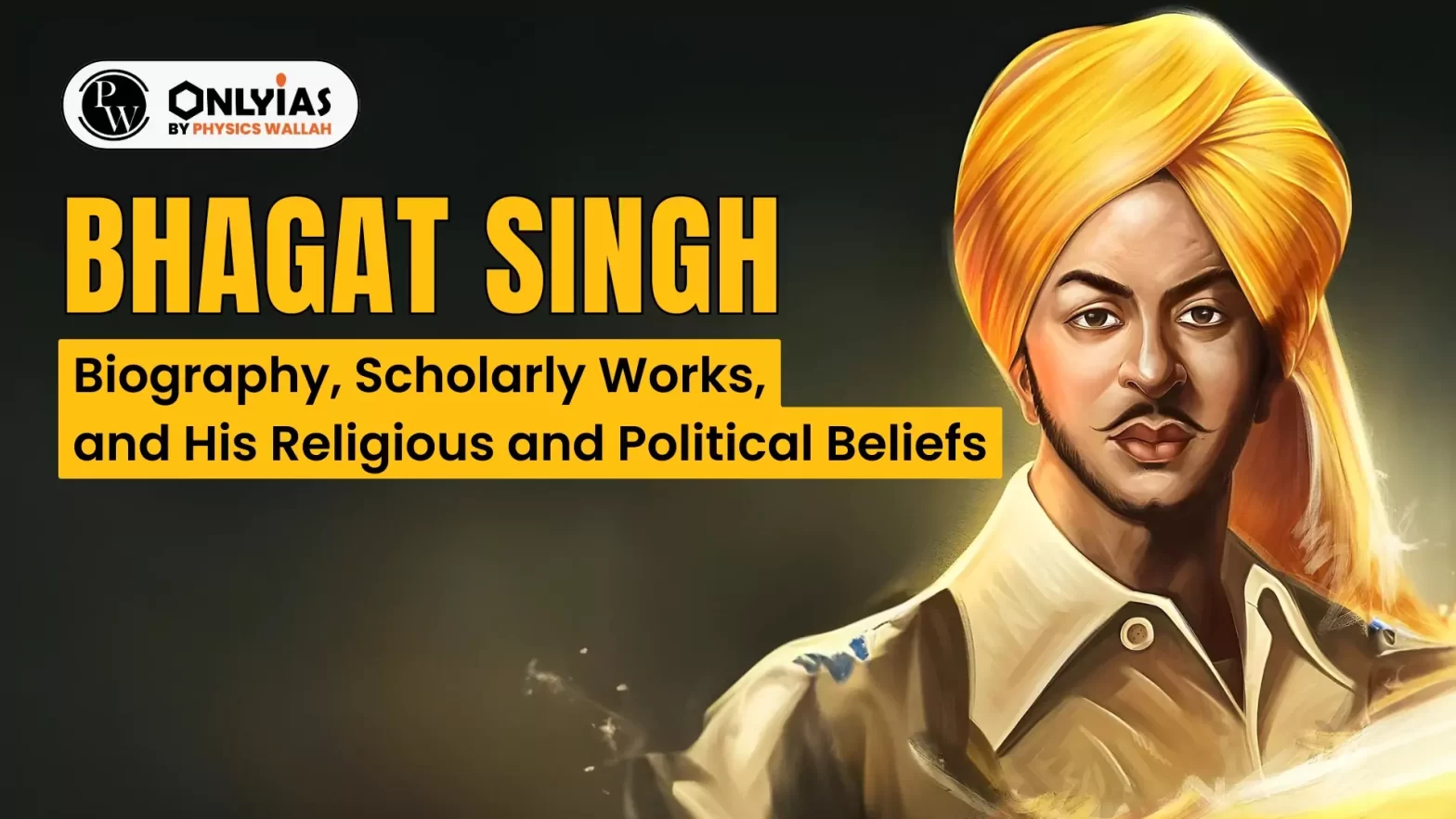![]() 30 Mar 2024
30 Mar 2024

On 23 March Martyr’s Day (Shahid Diwas) is celebrated in the memory of three freedom fighters Bhagat Singh, Rajguru and Sukhdev.
| Relevancy for Prelims: Shaheed Bhagat Singh, HSRA, Ghadar Party, and Mahatma Gandhi. |
|---|
| Prelims PYQ (2020):
The Gandhi-Irwin Pact included which of the following? 1 Invitation to Congress to participate in the Round Table Conference 2. Withdrawal of Ordinances promulgated in connection with the Civil Disobedience Movement 3. Acceptance of Gandhiji’s suggestion for enquiry into police excesses. 4. Release of only those prisoners who were not charged with violence Select the correct answer using the code given below: (a) 1 only (b) 1, 2 and 4 only (c) 3 only (d) 2, 3 and 4 only Ans: (b) |
|---|
| Must Read | |
| NCERT Notes For UPSC | UPSC Daily Current Affairs |
| UPSC Blogs | UPSC Daily Editorials |
| Daily Current Affairs Quiz | Daily Main Answer Writing |
| UPSC Mains Previous Year Papers | UPSC Test Series 2024 |

<div class="new-fform">
</div>